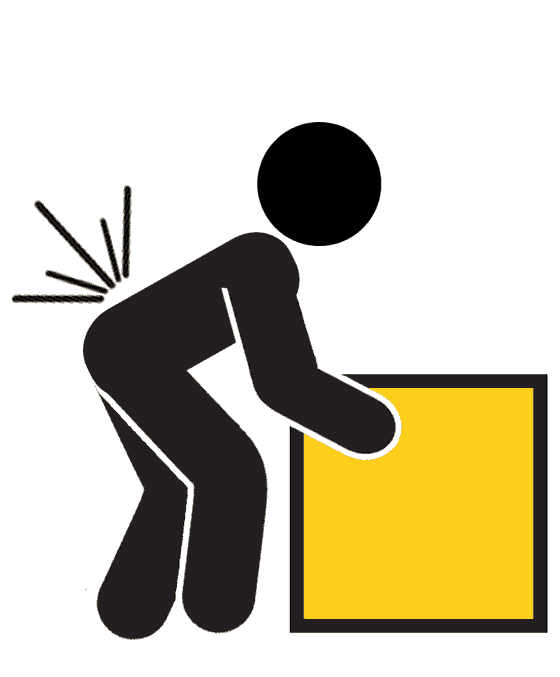2018 Authorization/Utilization Review: Major Changes Effective 1/1/2018

Senate Bill 1160 makes significant changes to the authorization and utilization review (UR) process starting in 2018. New “fast-track” UR takes effect on January 1.
Fast-track UR bypasses prospective utilization review by automatically approves the required treatment in many — but not all — circumstances. A set of specific conditions must exist in order for providers to bypass the usual UR process. The new process also changes the rules regarding authorization and billing for these encounters.
SB 1160 replaces Labor Code § 4610 in its current form with a new, revised § 4610, effective January 1, 2018. While much of the new § 4610 mirrors the current version, there are some big changes, including fast-track UR. As the new Labor Code states:
“Emergency treatment services and medical treatment...Shall be authorized without prospective utilization review.”
This new, “automatic” authorization looks like a boon to providers and patients at first glance. But like much else in workers’ comp, there’s more to the story. Complicated qualifiers, billing changes, and some mystery surrounding the Division of Workers’ Compensation (DWC)’s plans (or lack thereof) for promulgating new regulations muddy the waters.
What we know so far, and will cover in our comprehensive webinar, includes:
- The 6 required conditions for fast-track UR
- Requirements for the timing of treatment
- Treatments that do/do not qualify for fast-track UR
- Authorization requirements (it’s not quite “automatic”)
- New, shorter billing deadlines
As of this writing, the DWC has not yet promulgated new regulations regarding fast-track UR, though the Division reserves the right to do so.
DaisyBill provides content as an insightful service to its readers and clients. It does not offer legal advice and cannot guarantee the accuracy or suitability of its content for a particular purpose.




